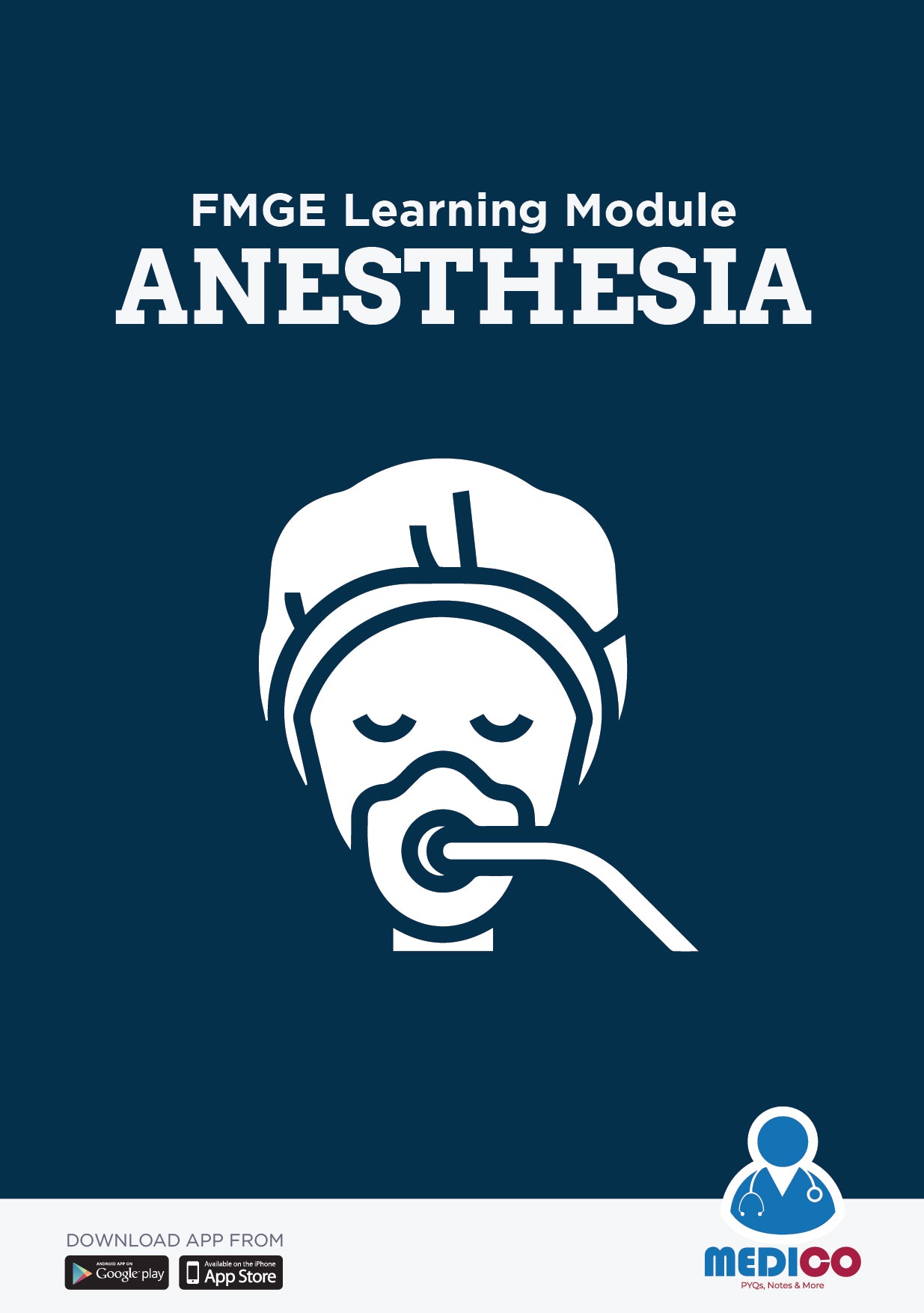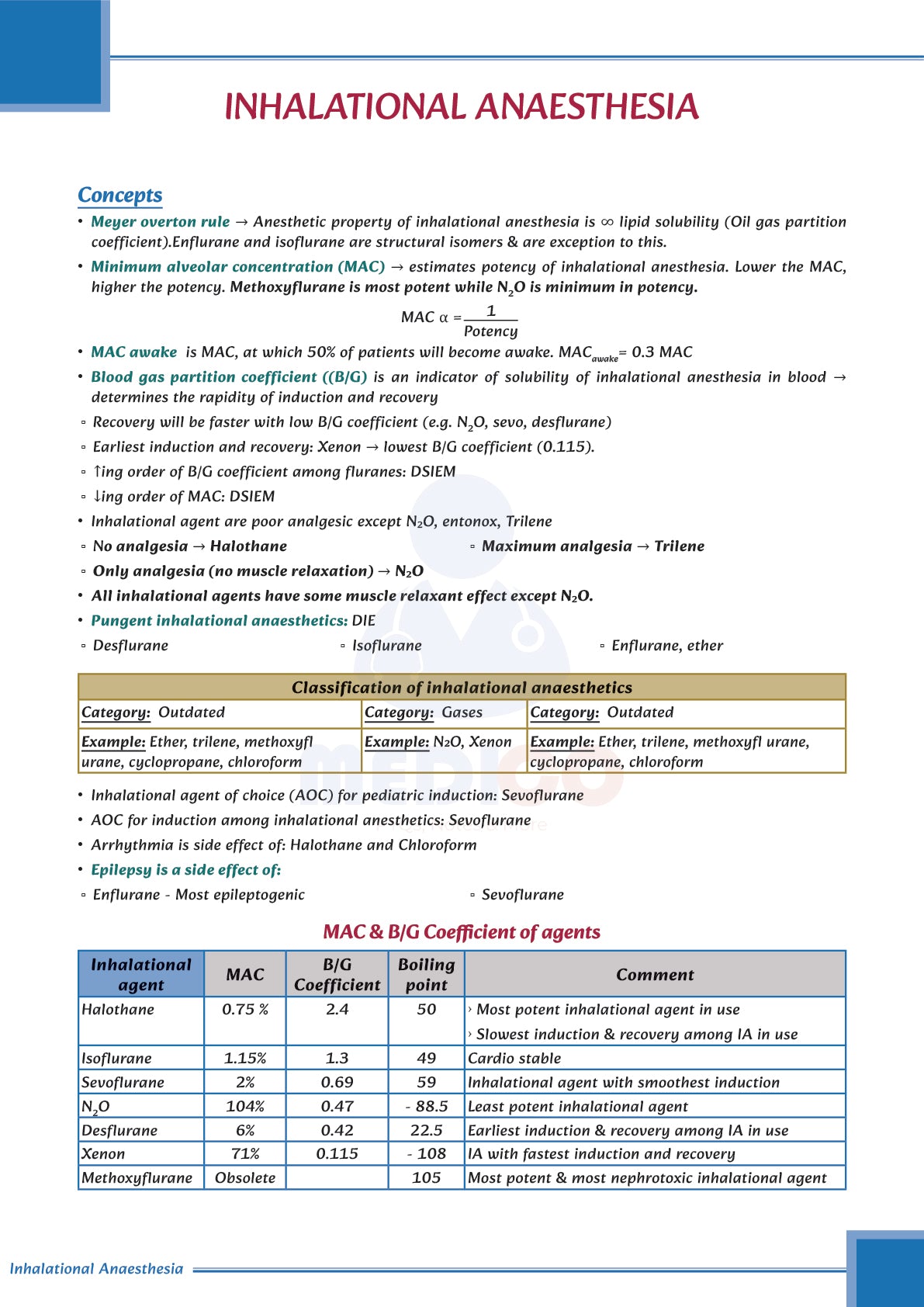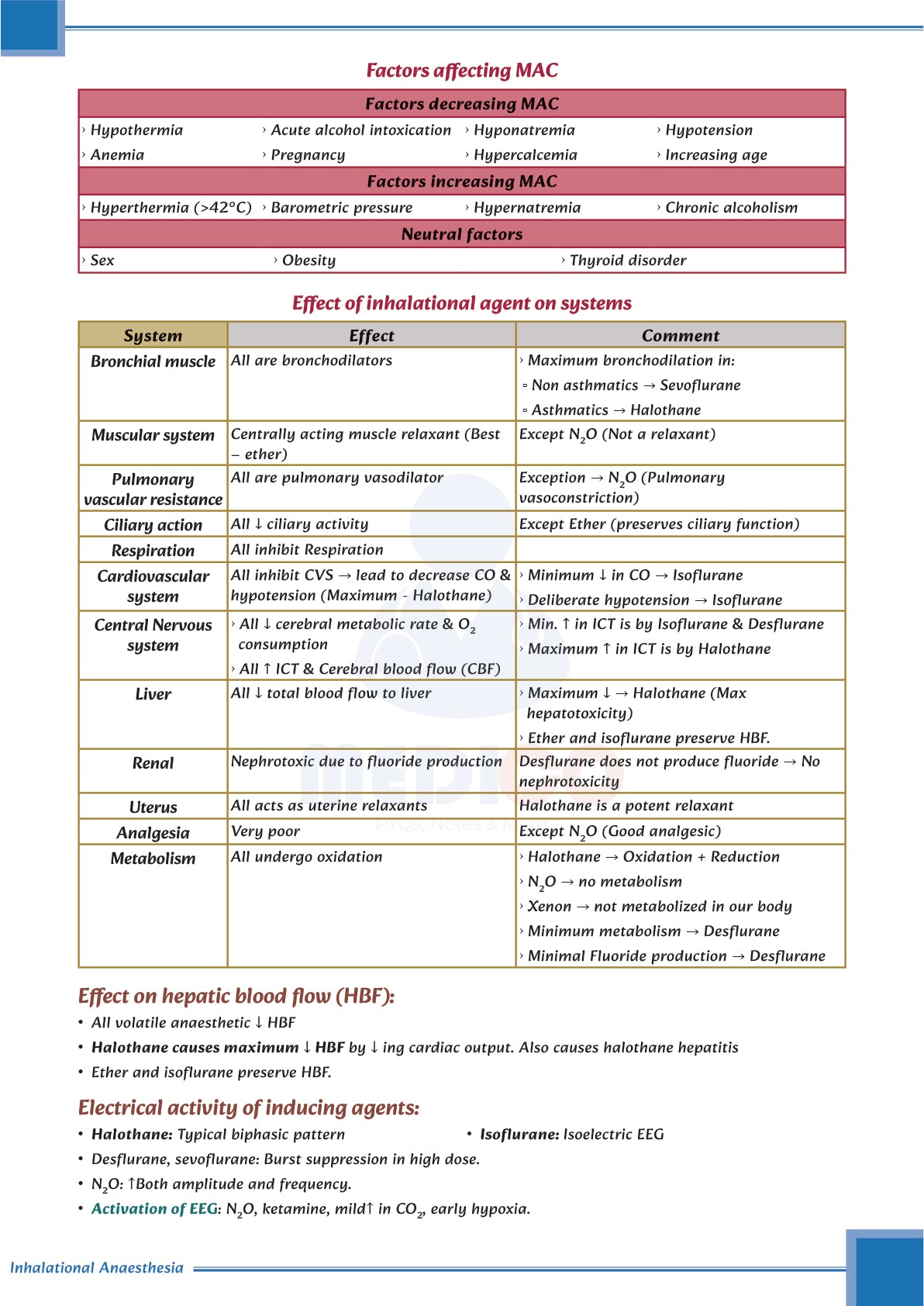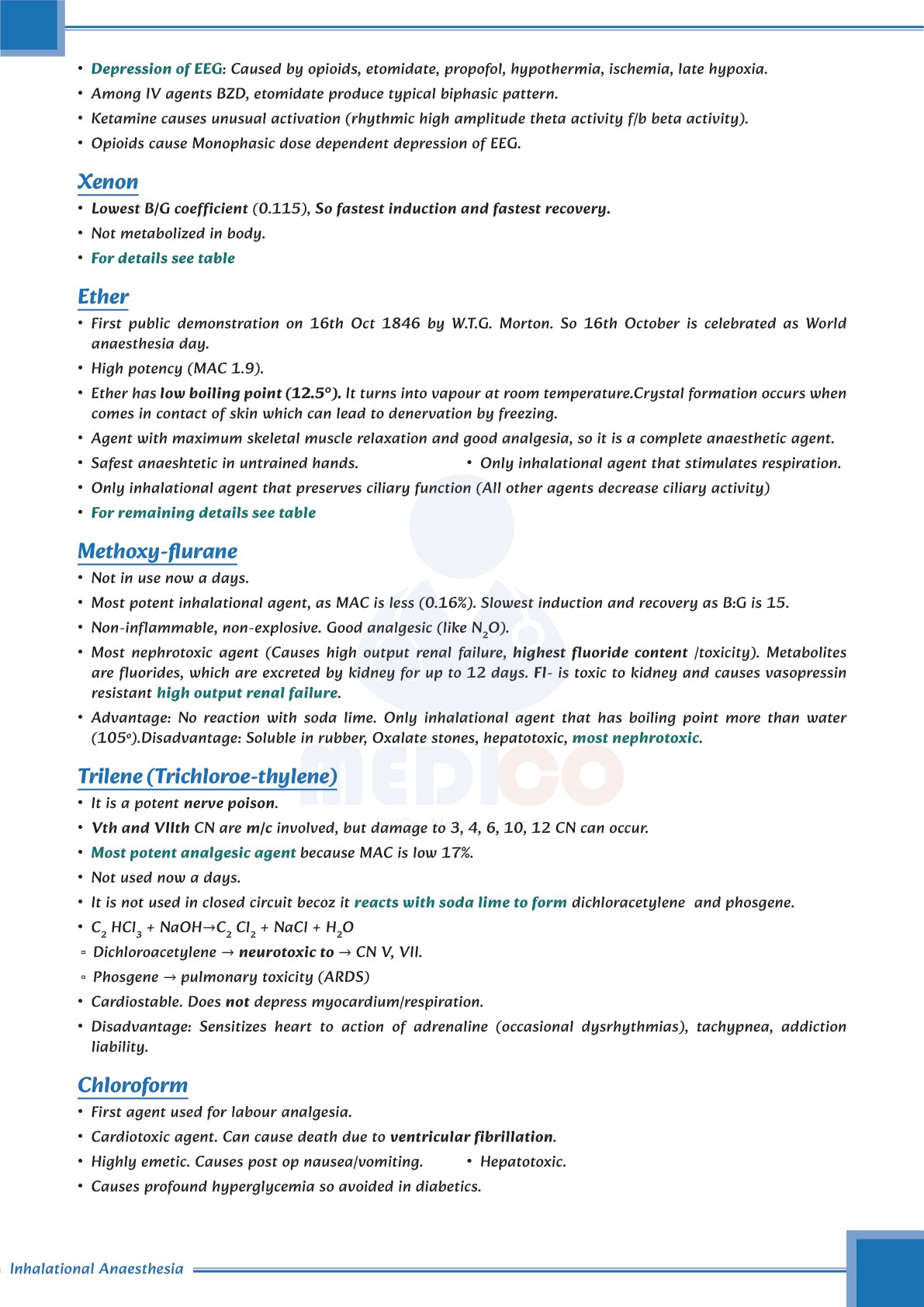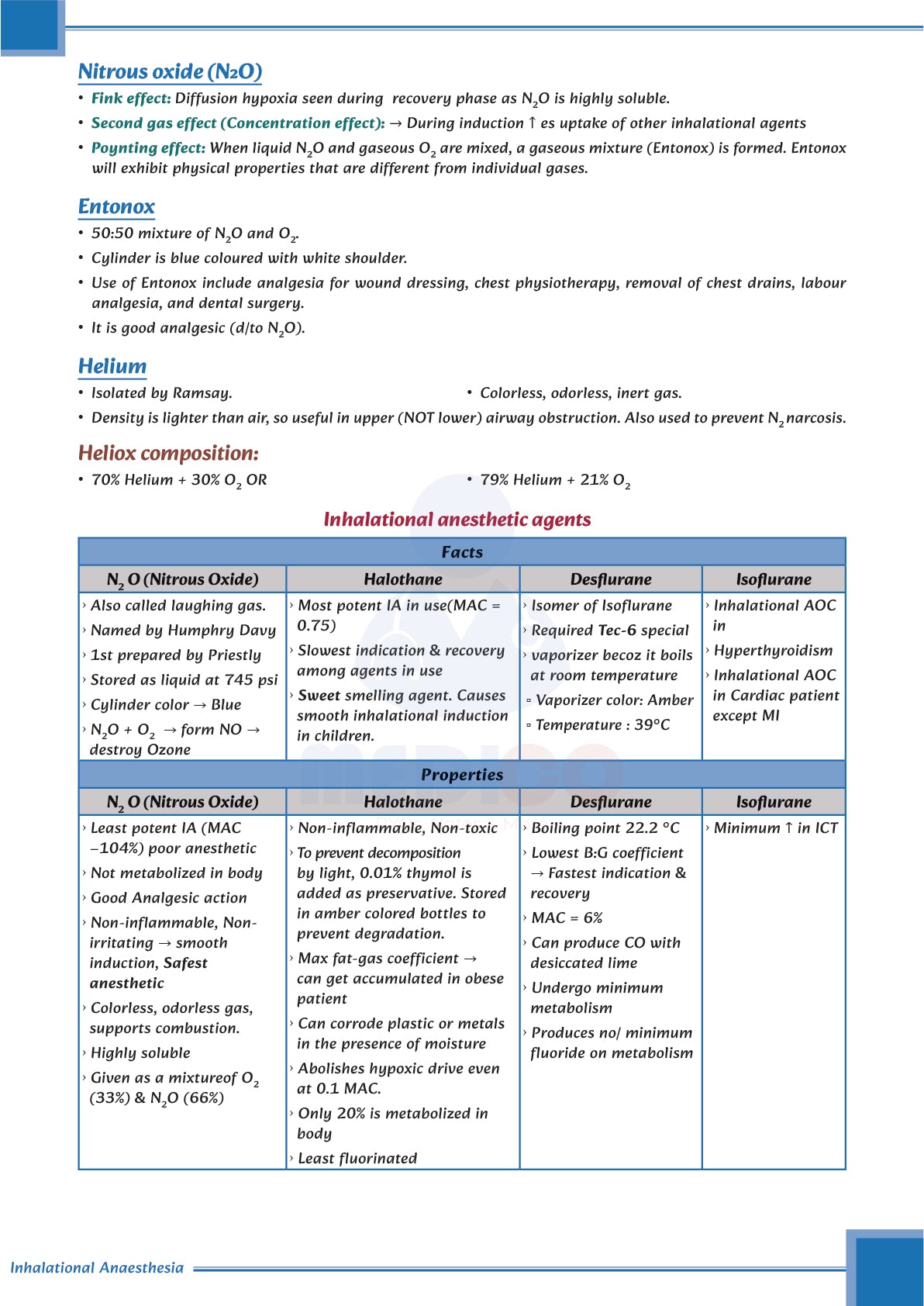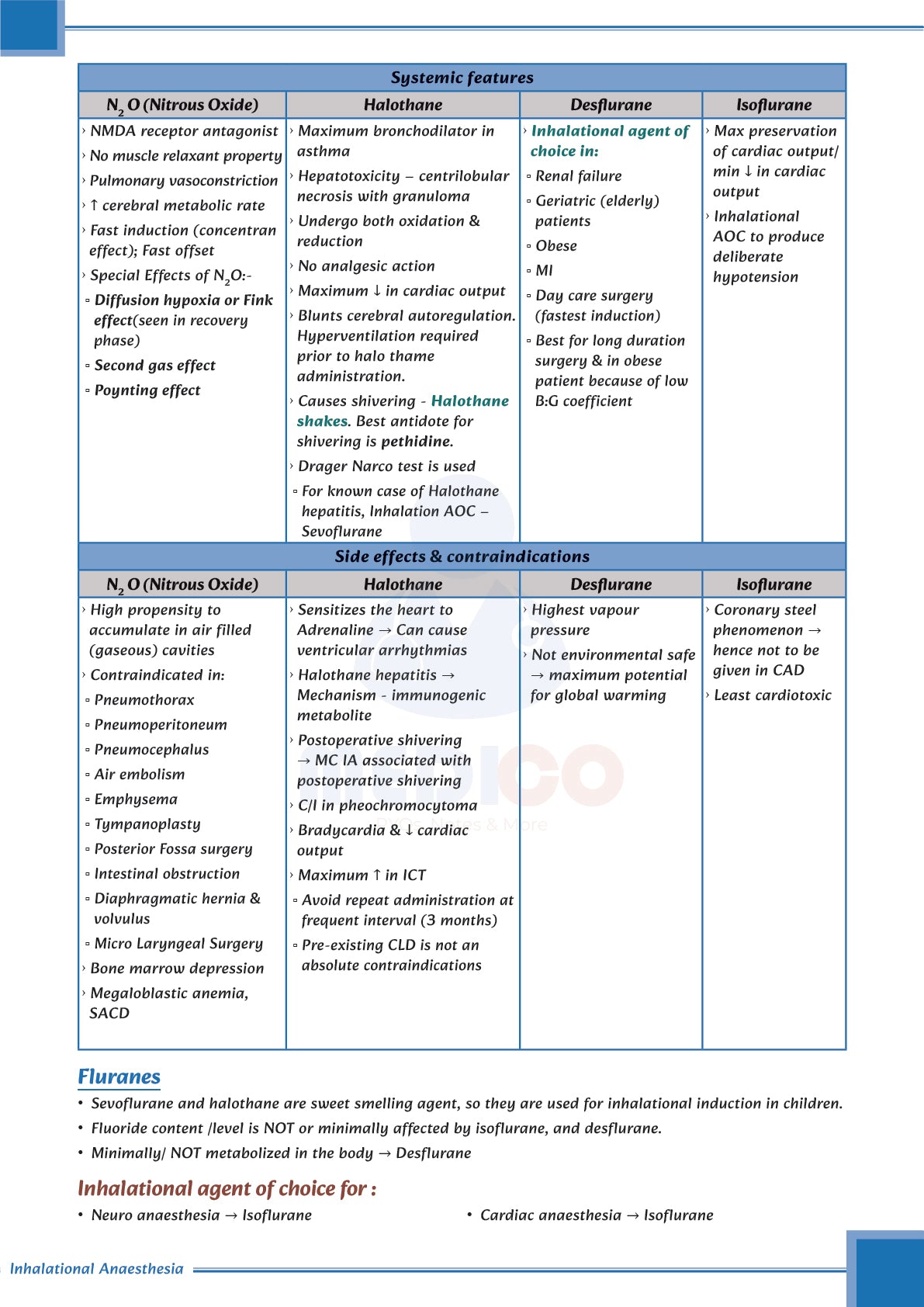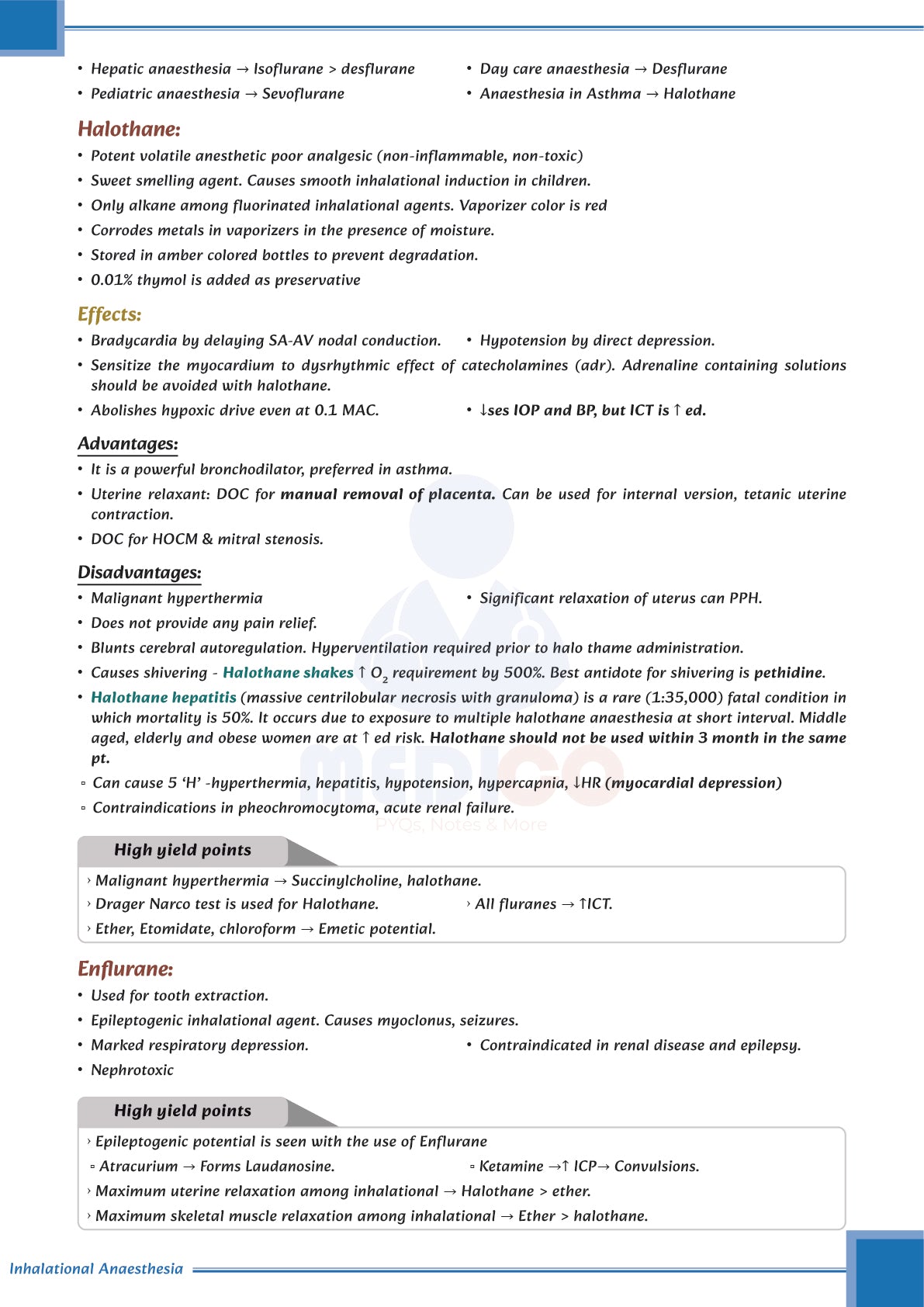themedico.store
FMGE Modules: Anesthesia
FMGE Modules: Anesthesia
Couldn't load pickup availability
Master Anesthesia with Concise and Comprehensive Notes
Preparing for the FMGE exam can be challenging, especially when dealing with the critical subject of Anesthesia. Our FMGE Learning Modules are designed to streamline your revision process with concise, easily revisable notes crafted by experts.
Why Choose Our Medico Notes?
- Expert-Crafted Content: Covers all core competencies, including Previous Year Questions (PYQ) and Previous Year Topics (PYT), ensuring you're fully prepared.
- Organized Revision Tools: Includes revision tables, detailed diagrams, and quick review charts for efficient studying.
- Integrated Learning Support: Compatible with the FMGE PYQ PYT Series and QBank for comprehensive question practice and topic discussions.
- Exclusive Offer: Get a 1-month free subscription to the FMGE PYQ PYT Series and QBank with every purchase.
Fast & Free Delivery
- Delivery Time: Materials are delivered within 7-10 days anywhere in India.
- Shipping: Absolutely free, with no minimum order required.
Anesthesia Topic Heat Map
Focus your studies on high-yield topics with our detailed topic heat map:
| Major Topic | Subtopics | Importance Level | Recommended Questions |
|---|---|---|---|
| Preoperative Assessment | - Patient Evaluation - ASA Classification - Preoperative Fasting - Consent |
🔴 High | 50 |
| General Anesthesia | - Induction Agents - Maintenance Agents - Muscle Relaxants - Emergence |
🔴 High | 50 |
| Airway Management | - Airway Anatomy - Intubation Techniques - Difficult Airway Algorithms - Airway Devices |
🔴 High | 50 |
| Regional Anesthesia | - Spinal Anesthesia - Epidural Anesthesia - Nerve Blocks - Complications |
🟠 Medium | 50 |
| Anesthetic Pharmacology | - Inhalational Agents - Intravenous Agents - Local Anesthetics - Opioids |
🟠 Medium | 50 |
| Monitoring and Equipment | - Anesthesia Machine - Monitors (ECG, Pulse Oximetry, Capnography) - Ventilators |
🟠 Medium | 25 |
| Anesthesia for Special Populations | - Pediatric Anesthesia - Obstetric Anesthesia - Geriatric Anesthesia - Patients with Comorbidities |
🟢 Low | 25 |
| Pain Management | - Acute Pain - Chronic Pain - PCA Pumps - Multimodal Analgesia |
🟢 Low | 25 |
| Critical Care and Emergency Anesthesia | - CPR and ACLS Protocols - Shock Management - Trauma Anesthesia - ICU Care |
🟢 Low | 25 |
| Anesthetic Complications | - Malignant Hyperthermia - Anaphylaxis - Awareness Under Anesthesia - Postoperative Nausea and Vomiting |
🟢 Low | 25 |
| Total | 350 |
Note: The heat map indicates the relative importance and frequency of topics in the FMGE exam, helping you prioritize your study time effectively.
4-Day Comprehensive Study Plan for Anesthesia
Achieve thorough revision in just four days with a targeted approach that includes solving 350 questions and self-review.
Day 1: Preoperative Assessment and General Anesthesia
-
Morning
-
Study: Preoperative Assessment
- Patient evaluation, ASA classification, preoperative fasting guidelines, informed consent.
- Target Questions: Solve 25 MCQs on patient assessment and preparation.
-
Study: Preoperative Assessment
-
Midday
-
Study: General Anesthesia - Induction and Maintenance Agents
- Pharmacology of induction agents (Propofol, Thiopentone), maintenance agents (Inhalational agents).
- Target Questions: Solve 25 MCQs on anesthetic drugs and their properties.
-
Study: General Anesthesia - Induction and Maintenance Agents
-
Afternoon
-
Study: Muscle Relaxants and Emergence
- Depolarizing and non-depolarizing muscle relaxants, reversal agents, emergence from anesthesia.
- Target Questions: Solve 25 MCQs on muscle relaxants and recovery.
-
Study: Muscle Relaxants and Emergence
-
Evening
- Self-Review: Create summary tables for anesthetic agents and muscle relaxants.
- FMGE QBank: Practice additional questions on high-yield topics.
Day 2: Airway Management and Regional Anesthesia
-
Morning
-
Study: Airway Management
- Airway anatomy, intubation techniques, difficult airway algorithms, airway adjuncts.
- Target Questions: Solve 25 MCQs on airway management principles.
-
Study: Airway Management
-
Midday
-
Study: Regional Anesthesia - Spinal and Epidural
- Techniques, indications, contraindications, complications of spinal and epidural anesthesia.
- Target Questions: Solve 25 MCQs on neuraxial anesthesia.
-
Study: Regional Anesthesia - Spinal and Epidural
-
Afternoon
-
Study: Peripheral Nerve Blocks and Complications
- Upper and lower limb blocks, nerve stimulator and ultrasound guidance, management of complications.
- Target Questions: Solve 25 MCQs on regional anesthesia techniques.
-
Study: Peripheral Nerve Blocks and Complications
-
Evening
- Self-Review: Draw diagrams of nerve block techniques.
- FMGE QBank: Review explanations for challenging questions.
Day 3: Anesthetic Pharmacology and Monitoring
-
Morning
-
Study: Anesthetic Pharmacology - Inhalational and Intravenous Agents
- Pharmacokinetics and dynamics of anesthetic gases and IV agents.
- Target Questions: Solve 25 MCQs on pharmacology.
-
Study: Anesthetic Pharmacology - Inhalational and Intravenous Agents
-
Midday
-
Study: Local Anesthetics and Opioids
- Types of local anesthetics, mechanism of action, toxicity, opioid analgesics.
- Target Questions: Solve 25 MCQs on local anesthetics and opioids.
-
Study: Local Anesthetics and Opioids
-
Afternoon
-
Study: Monitoring and Equipment
- Anesthesia machine components, monitoring standards (ECG, BP, SpO2, EtCO2), ventilator settings.
- Target Questions: Solve 25 MCQs on anesthesia equipment and monitoring.
-
Study: Monitoring and Equipment
-
Evening
- Self-Review: Create charts summarizing anesthetic agents.
- FMGE QBank: Engage in topic discussions to clarify doubts.
Day 4: Special Anesthesia Considerations and Complications
-
Morning
-
Study: Anesthesia for Special Populations
- Pediatric, obstetric, geriatric anesthesia considerations, anesthesia in patients with comorbidities.
- Target Questions: Solve 25 MCQs on special anesthesia scenarios.
-
Study: Anesthesia for Special Populations
-
Midday
-
Study: Pain Management
- Acute and chronic pain management strategies, PCA pumps, multimodal analgesia.
- Target Questions: Solve 25 MCQs on pain management techniques.
-
Study: Pain Management
-
Afternoon
-
Study: Critical Care and Anesthetic Complications
- CPR and ACLS protocols, shock management, malignant hyperthermia, anaphylaxis, postoperative complications.
- Target Questions: Solve 25 MCQs on critical care and complications.
-
Study: Critical Care and Anesthetic Complications
-
Evening
- Self-Review: Consolidate all topics with summary notes and flowcharts.
- FMGE QBank: Final practice session focusing on weak areas.
Integration Tip: After each study session, utilize the FMGE PYQ PYT Series and QBank to reinforce learning and identify areas needing improvement.
Frequently Asked Questions
Q1: How long does delivery take?
- A: We deliver within 7-10 days anywhere in India.
Q2: Is there a shipping fee?
- A: No, shipping is completely free.
Q3: Do I need to order a minimum number of items?
- A: No, there's no minimum order requirement.
Q4: How do I access the 1-month free FMGE PYQ PYT Series and QBank subscription?
- A: You'll receive an access code via email after your purchase.
Q5: Can these notes be used without the FMGE PYQ PYT Series and QBank?
- A: Yes, the notes are comprehensive on their own, but the QBank offers additional practice and support.
Q6: What is included in the FMGE PYQ PYT Series and QBank?
- A: It provides a vast collection of previous year questions and topics, along with detailed explanations and discussion forums to enhance your learning.
Boost your FMGE preparation with our Anesthesia Learning Module—your key to success!
Share
